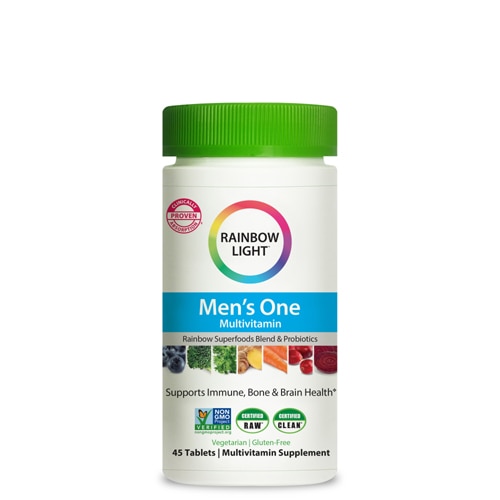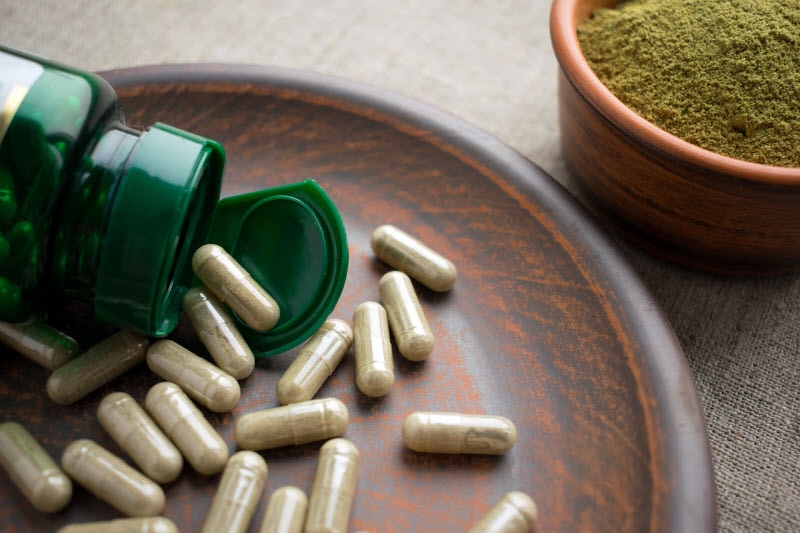Over three-fourths of American adults take some type of dietary supplement, such as vitamins, minerals, herbals and botanicals, according to a 2019 survey. And once the coronavirus pandemic started sweeping the U.S., many more Americans began exploring supplements as a potential way to protect their health.
But whether you’re a longtime enthusiast or a newcomer, do you truly know how to properly use dietary supplements? Studies show many of us lack adequate, accurate knowledge about vitamins, minerals and other supplements.
To help boost your supplements IQ, check out the following five do’s and four don’ts for how to take supplements safely.
What You Should Do
1. Do seek advice from a health care professional.
Caleb Backe, a health and wellness expert at Maple Holistics, a seller of natural hair care and skin care products, recommends chatting with your doctor or another health care professional before embarking on a supplement regimen. You might discover, for instance, that a dietary supplement you plan to take increases or decreases the effectiveness of medications that you’ve been prescribed.
“Overall, there are plenty of safe ways to mix prescription medications and dietary supplements,” Backe says, “but it should be done only after consulting with a health care professional.”
2. Do define your expectations.
Licensed dietitian nutritionist Monica Auslander Moreno, a nutrition consultant for supplement retailer RSP Nutrition, suggests pinpointing what you hope to gain from a supplement. Questions to ask yourself include:
- What aspects of your health are you trying to improve?
- What sort of results do you expect?
- How does this supplement fit into your overall health and wellness goals?
3. Do check the label.
Products sold as dietary supplements come with a label that lists the active ingredients and inactive ingredients (such as fillers, binders and flavorings) and suggests a serving size, the National Institutes of Health points out. The federal agency says you should determine the appropriate dosage in coordination with your health care provider.
4. Do investigate the brand.
Moreno recommends doing your homework to ensure any supplement you’re considering is well-respected and rigorously tests its products. Many supplement brands are reputable, experts say, but some brands might be unreliable.
Even after you verify a brand’s reputation, don’t automatically assume that expensive products are better than inexpensive products, Moreno adds.
5. Do stick to a routine.
Certified holistic nutritionist Heather Donahue says you should be consistent with your supplement usage, rather than adopting a yo-yo approach.
“When we start and then stop taking supplements frequently, we don’t get the health benefit,” Donahue says. “Regular use is imperative to get the results.”
What You Shouldn’t Do
1. Don’t abandon proper nutrition.
As the name suggests, supplements are meant to supplement your nutritional needs. They’re not a substitute for a diet that emphasizes whole foods and healthy proteins, experts say. Many people take supplements even when they don’t have a confirmed nutritional deficiency, according to the American Osteopathic Association.
“Use food therapeutically first, then develop a supplement plan as needed,” says Chelsea Williams, a plant-based public health nutritionist.
2. Don’t be seduced by fads.
A friend, personal trainer or social media influencer might be touting the latest, greatest dietary supplement. But what works for them might not be right for you. “Your health needs are unique,” Moreno says.
Therefore, you should check with your health care professional before consuming a single dose of a heavily hyped supplement.
3. Don’t overlook bioavailability.
The term “bioavailability” means biological availability. According to the National Institutes of Health, it refers to the amount of food, medications or supplements that is absorbed by your digestive system and then supplied to your cells and tissues.
“When a nutrient is highly bioavailable, it can be digested and absorbed a high percentage of the time and in a dependable way,” Vancouver, Canada-based supplement seller Nested Naturals explains. “When it’s poorly bioavailable, digestion and absorption can be much more difficult and much less predictable.”
Registered and licensed dietitian Julie Freeman notes, for instance, that most oxide forms of minerals are inexpensive but aren’t easily absorbed by the body.
4. Don’t ignore the directions.
Backe, the Maple Holistics expert, says it’s crucial to follow a supplement maker’s dosage recommendations and other instructions.
“Even if a supplement is completely natural, too much of a good thing can have drastic consequences,” he says.
A study published in 2015 in the New England Journal of Medicine estimated that harmful effects of supplements lead to more than 23,000 ER visits and over 2,100 hospital stays per year in the U.S.
“This goes to show that it’s best to stick to the recommended guidelines of supplements because there can be serious effects,” Backe says.




